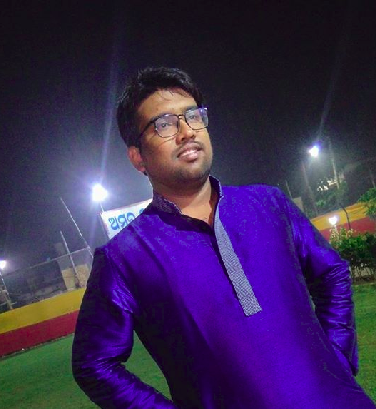10-6 - The ideological deadlock
As with many decisions taken by the International Cricket Council lately, the election process to elect the next chairman is veering towards ludicrous. The process is unfounded, full of tragic logic that carries a sense of off-field bearing that is enough to leave you in doldrums.

A lot of things in the entire process has been a systemic chaos, initiated just after Shashank Manohar left the ICC Chairman role, not seeing a third and final term, earlier this year. Manohar’s regime might have become a story in conjectures for ego fights and moving away from the established organisations but the school of thought endured. A classic politicking, if you'd like to see it that way.
Manohar, after assuming the ICC Chairman role in 2016 - the first independent chairman with a veto power - was seen by his former board as an “opportunist” who stepped away after seeing the future at the BCCI being in doldrums due to the Lodha recommendations. But thanks to the takedown of the reforms that had seen cricket power being centralised among three big nations, the lawyer from Nagpur was hailed by many purists and advocates of cricket's expansion as a saving grace for world cricket. The debate about its real impact will go on till the cows come home but if you can manage to convince the world that you have taken the biggest issue by its horns, you would be forgiven for 100 other mistakes. Manohar surely was.
Yet as world cricket awaits a new dawn in the post pandemic era that changed the way cricket was played, a lot is at stake. The pre-pandemic notion of Colin Graves is now buried to death, no over-the-top announcement from Dave Cameron either, the Sourav Ganguly speculation is non-existent and no otherworldly hope from Cricket South Africa’s Chris Nenzani either. The race has now boiled down to New Zealand Cricket (NZC) head Greg Barclay and ICC's current interim chairman Imran Khwaja. One of them will take the throne. It is a rather interesting position to be.
Because, at its heart, this election is not only a battle between two people, leveraging for the same position. This, unlike the previous ICC elections, is actually a battle of two totally different thought-processes, powered by two sections of international cricket’s meritocracy. Barclay has the backing from India, Australia and England - three countries whose bilateral arrangements earn them more money than any ICC funding ever can - and on the other hand, sits Imran Khawaja. The latter’s rise from Singapore cricket representative to the interim chair position at the ICC is built on the advocacy for smaller nations which makes him a hero for the goliaths and a villain among the standing big boys.
Barclay, despite belonging to New Zealand whose time zone doesn’t allow it to earn much money through the TV revenues in the Asian sub-continent, has been backed by the Big Three. That paves way for a long-standing dominance once again - something not favoured by the smaller nations who even fail to break even during the tours against any one apart from the Big Three. Barclay will represent the “more-bilateral, less ICC events” direction, leaving a complex sojourn for the nations who will be inclined to the odd tours by the BCCI that allows them the extra money. It creates a very uneven playing field where the basic integrity of the voting process is on the line.
On top of those complexities, the ICC have devised a rather complicated voting process that might have a huge bearing on the way the next chairman takes the role. There would be three rounds of secret ballot voting where one needs to have a two-third majority to own the position. However, after first round of process that saw 12 Full Members, three directors representing the Associates and the independent woman director Indra Nooyi cast their votes, the lock was hinged at 10-6 in favour of Barclay. However, the tragic ICC rule states that if Barclay doesn’t up his vote in the third round of voting, then he will have to make way for Khawaja to be the chairman till further mentioned. Basically, Khawaja needs to take the deadlock to win the role. In simpler terms, lesser votes take the cake.
It is in this position Khwaja’s accent needs to be scrutinised. The Times of India reported last month that Khawaja is no more the representative from Singapore with another source reporting that Mozambique supported Khawaja to hold onto the ICC director role which the ICC have been mum about for the longest time. If there are any ulterior motives or a good motive to combat India’s power hierarchy, could this not be done in a fairer way? Afterall, transparency is something that the ICC has worn as a badge of honour, so an answer for the larger interest of the game should have been due.
Underneath, as we wait for the final call on December 2 for the secret ballot to give us a final answer, a lot of things will be clearer. It will symbolise a change in guard or a rather streamlined future - one that is sure to piss a section of international cricket teams off. The ideological difference will be the only answer as the cricket world plays the card of its dreams. Let the game begin.

Comments
Sign up or log in to your account to leave comments and reactions
0 Comments